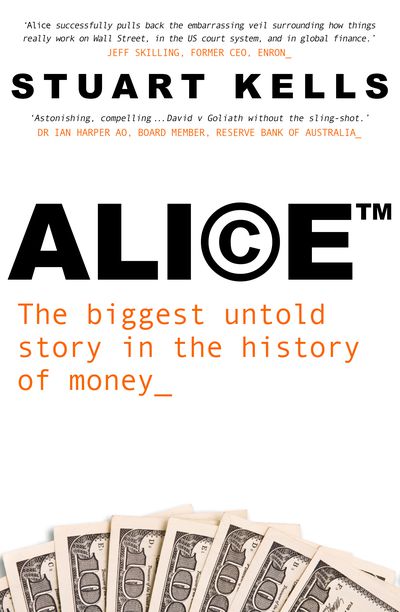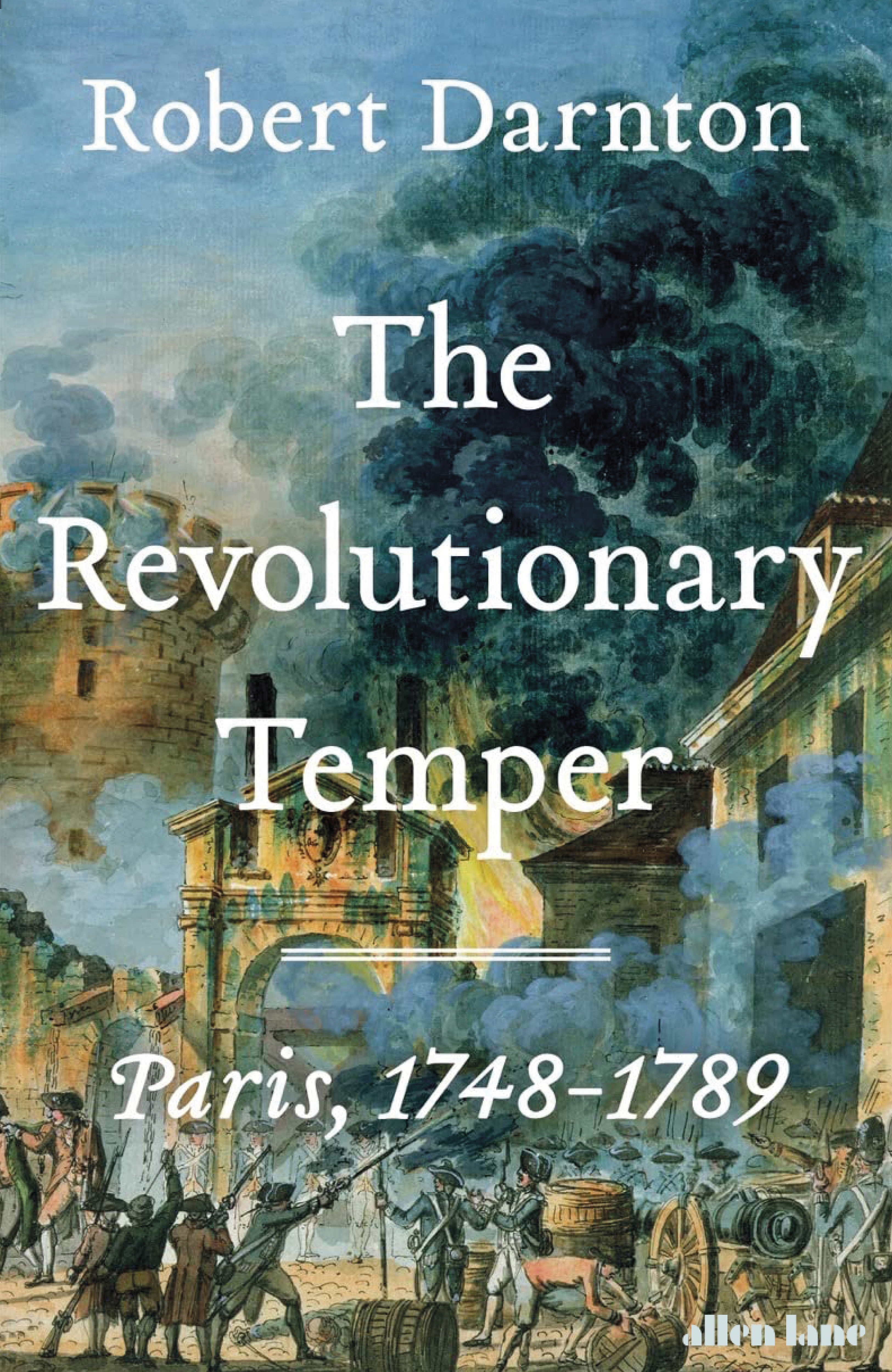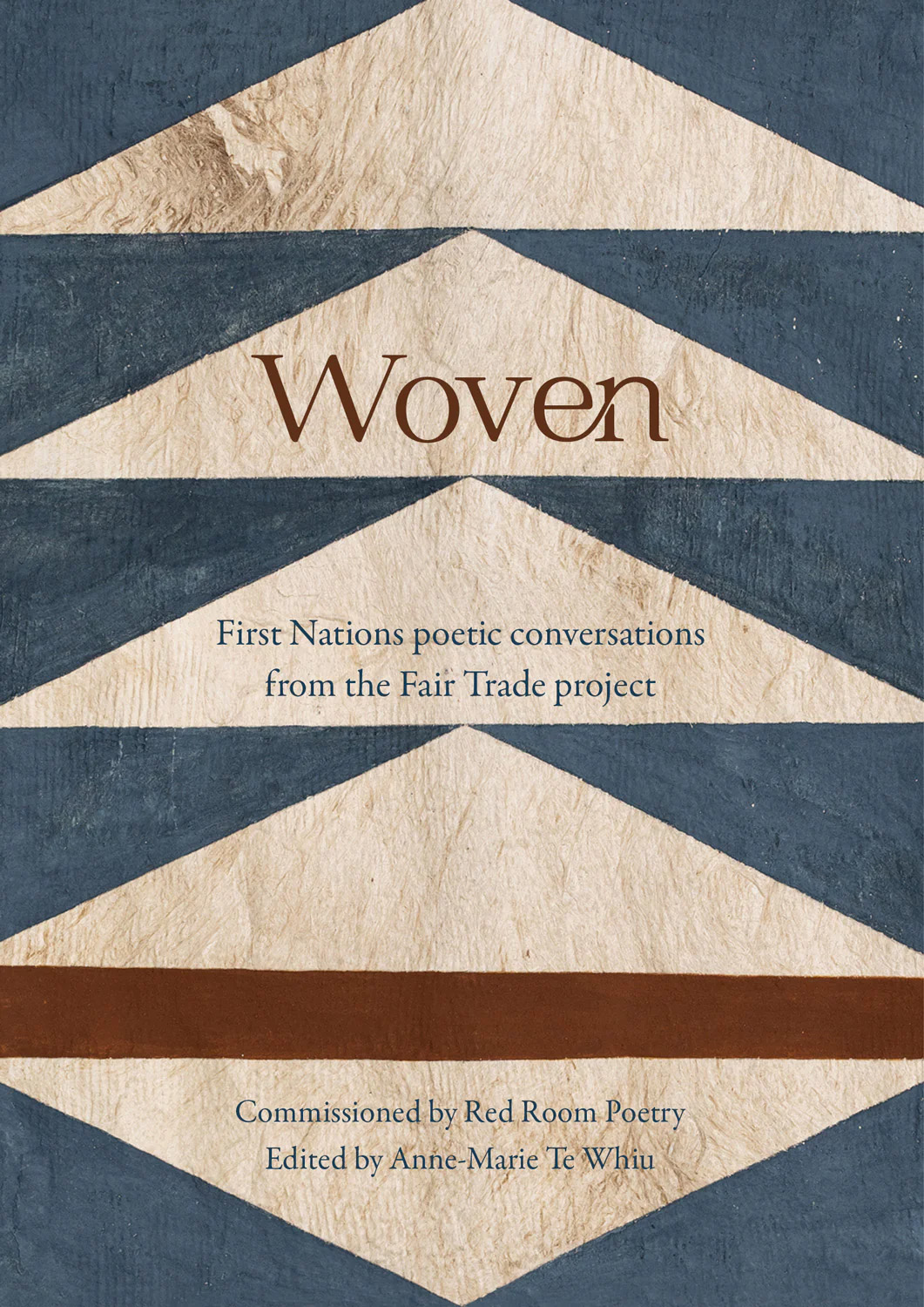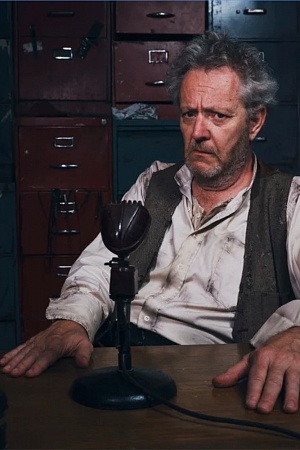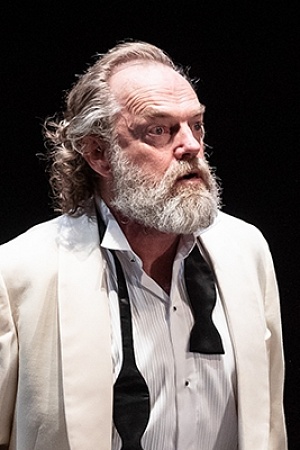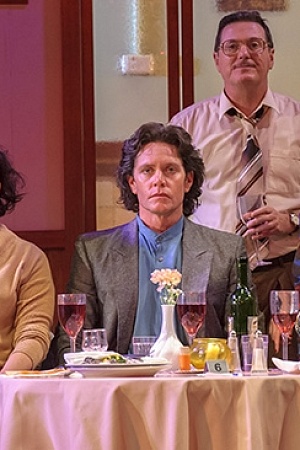Qui a tué mon père (Who killed my father)
.jpg)
For the past decade, French writer Édouard Louis has been excavating and recuperating a childhood spent in a state of acute precarity in the Hauts-de-France. He has written both critically and empathetically about the lives of his parents and siblings, while also casting a probing eye on himself. His first novel, the autofictional En finir avec Eddy Bellegueule (The End of Eddy, trans. Michael Lucey, 2014), was published when he was only twenty-two and has enjoyed significant success in translation. Each of the subsequent books has offered a further investigation of these lives and experiences, with a pointed focus on the ways that poverty, at least in Louis’s experience, is intertwined with racism, homophobia, misogyny, and domestic violence.
Continue reading for only $10 per month. Subscribe and gain full access to Australian Book Review. Already a subscriber? Sign in. If you need assistance, feel free to contact us.

